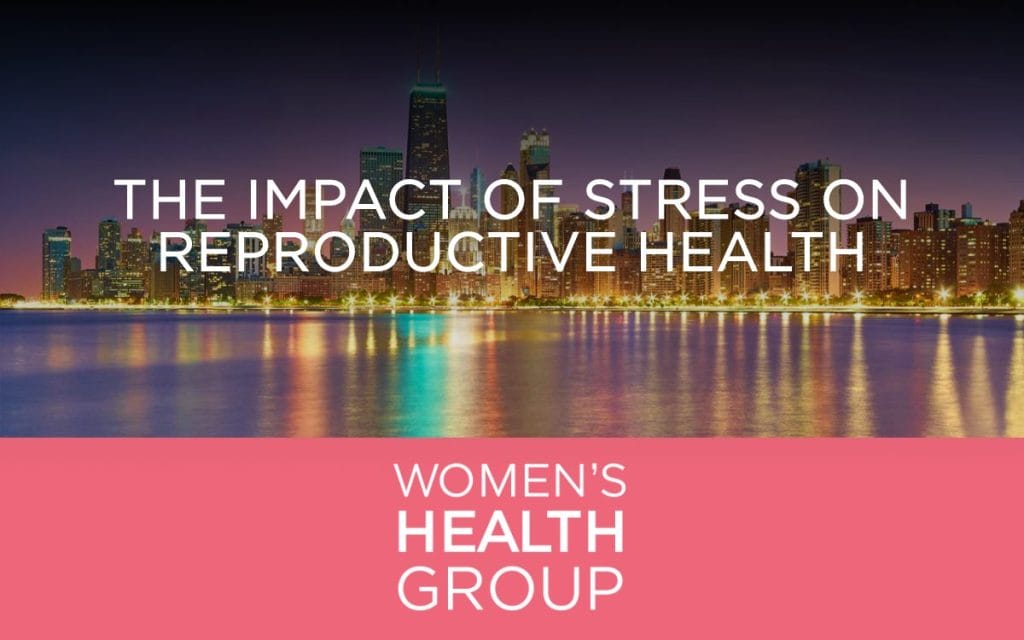Understanding the Effects of Stress on Reproductive Health
Stress has been universally recognized as an integral part of life. It’s a state of mental or emotional strain resulting from exceptionally high stakes, demanding circumstances, or challenging events. Regardless of its origin, stress can have profound impacts on various aspects of your health, including reproductive health.
The Women’s Health Group, an organization of Obstetricians-gynecologists based in Chicago, has illuminated several pathways through which stress can affect a woman’s ability to reproduce. Understanding these effects is crucial, particularly for women who are grappling with infertility struggles or problematic menstrual cycles. This understanding also offers vital insights into the need for stress reduction, a key to maintaining overall wellbeing and enhancing reproductive health.
Impacts of Stress on the Menstrual Cycle
Long before pregnancy, stress can set its footprints by disrupting the regular flow of the menstrual cycle, thus influencing a woman’s fertility potential. Stress sets off a cascade of hormonal responses. At the top of this cascade is the stress hormone called cortisol, which may alter the body’s hormone balance. This alteration can interfere with ovulation, cause abnormal menstrual cycles, or even trigger the onset of pre-menstrual symptoms.
The Role of Stress in Infertility
A large body of research consistently indicates a strong correlation between stress and infertility. The intricate interplay of hormones during the early stages of pregnancy is readily susceptible to the effects of stress. This could lead to a variety of complications, including failed fertilization, implantation issues, and early-stage miscarriages. Moreover, dealing with infertility itself can lead to added stress, creating a vicious cycle that might further inhibit conception.
Stress and Pregnancy Complications
Even after successful conception, the journey doesn’t necessarily become smooth for a stressed woman. Elevated stress levels can increase the risk of numerous pregnancy complications, such as preeclampsia, premature birth, and low birth-weight amongst many others.
Not just the physical complications, high stress during pregnancy can also set the stage for post-partum depression, potentially making the early parenting stage challenging for the mother.
Ways to Mitigate the Impact of Stress on Reproductive Health
From a health care perspective, it’s clear that stress needs to be taken seriously. Women, whether planning to get pregnant, are already pregnant, or are generally concerned about their reproductive health, should consciously incorporate stress management techniques into their routines.
Here are some practical strategies worth considering:
- Healthy lifestyle: Regular physical exercise, balanced diet, adequate sleep, and refrain from smoking and alcohol consumption can significantly boost overall health, including reproductive health.
- Stress management techniques: Yoga, meditation, deep breathing exercises, and visualization help reduce cortisol levels and induce a feeling of calmness.
- Professional help: In cases of chronic or intense stress, talking to a psychologist or counselor can be very beneficial. There are also pharmaceutical interventions available, if needed.
For more comprehensive tips on stress reduction, visit Mayo Clinic or explore informative resources on Women’s Health.
Nurturing Reproductive Health by Managing Stress
As healthcare providers, especially obstetricians-gynecologists, it’s our responsibility to build awareness about the potential impacts of stress on reproductive health and affirm the importance of stress reduction. Importantly, we have to assure every woman that it’s perfectly okay to seek help when struggling with stress. By incorporating stress management strategies, they are not just improving their menstrual health or fertility but nurturing their overall reproductive health.
Being in control of one’s stress allows for a healthier and more productive life. After all, the journey to conceive, to have a healthy pregnancy, and to nurture a new life should be filled with joy and excitement rather than stress and anxiety. So, let’s pledge today to acknowledge stress as a significant health concern and to relentlessly work on stress reduction for a healthier tomorrow!




